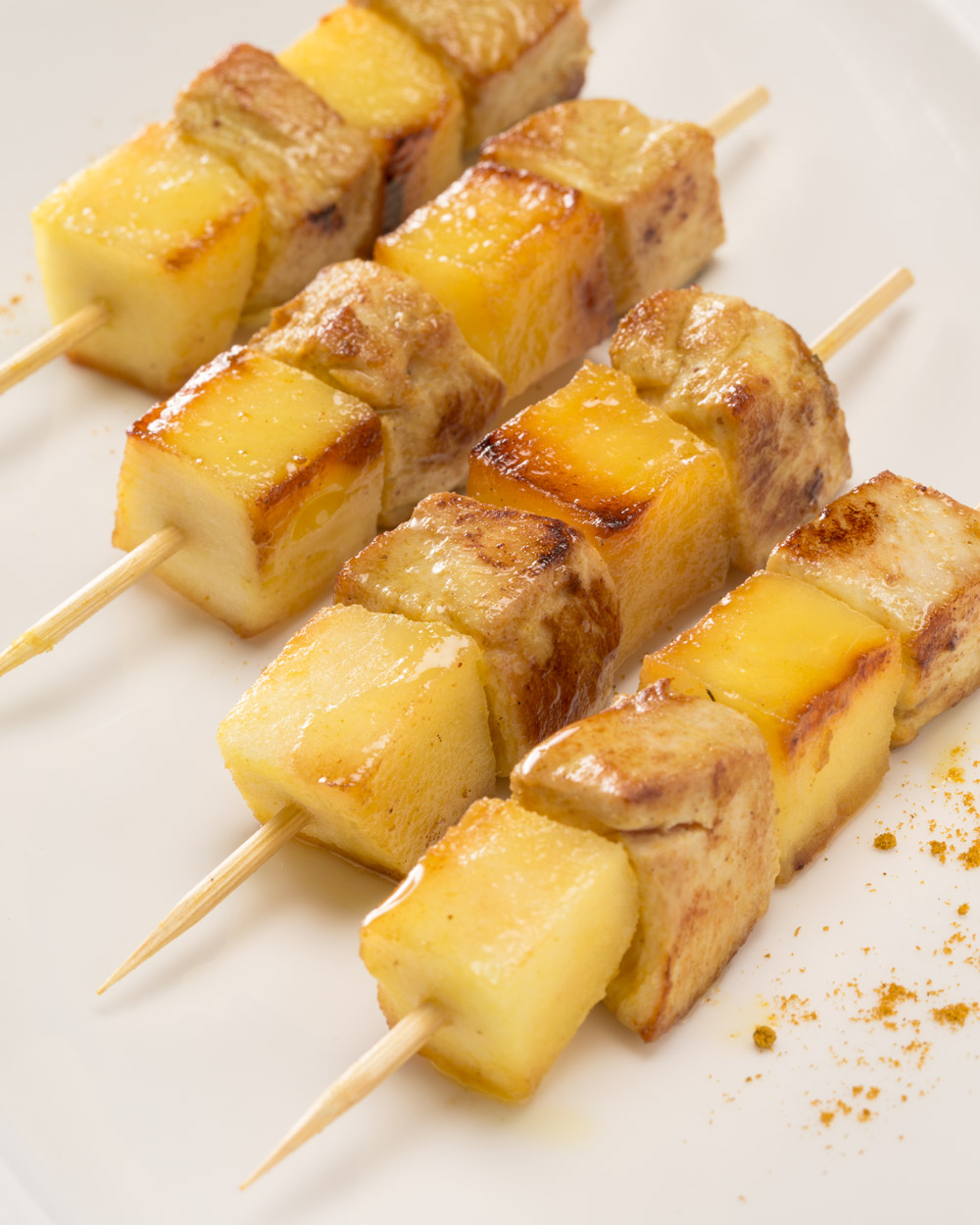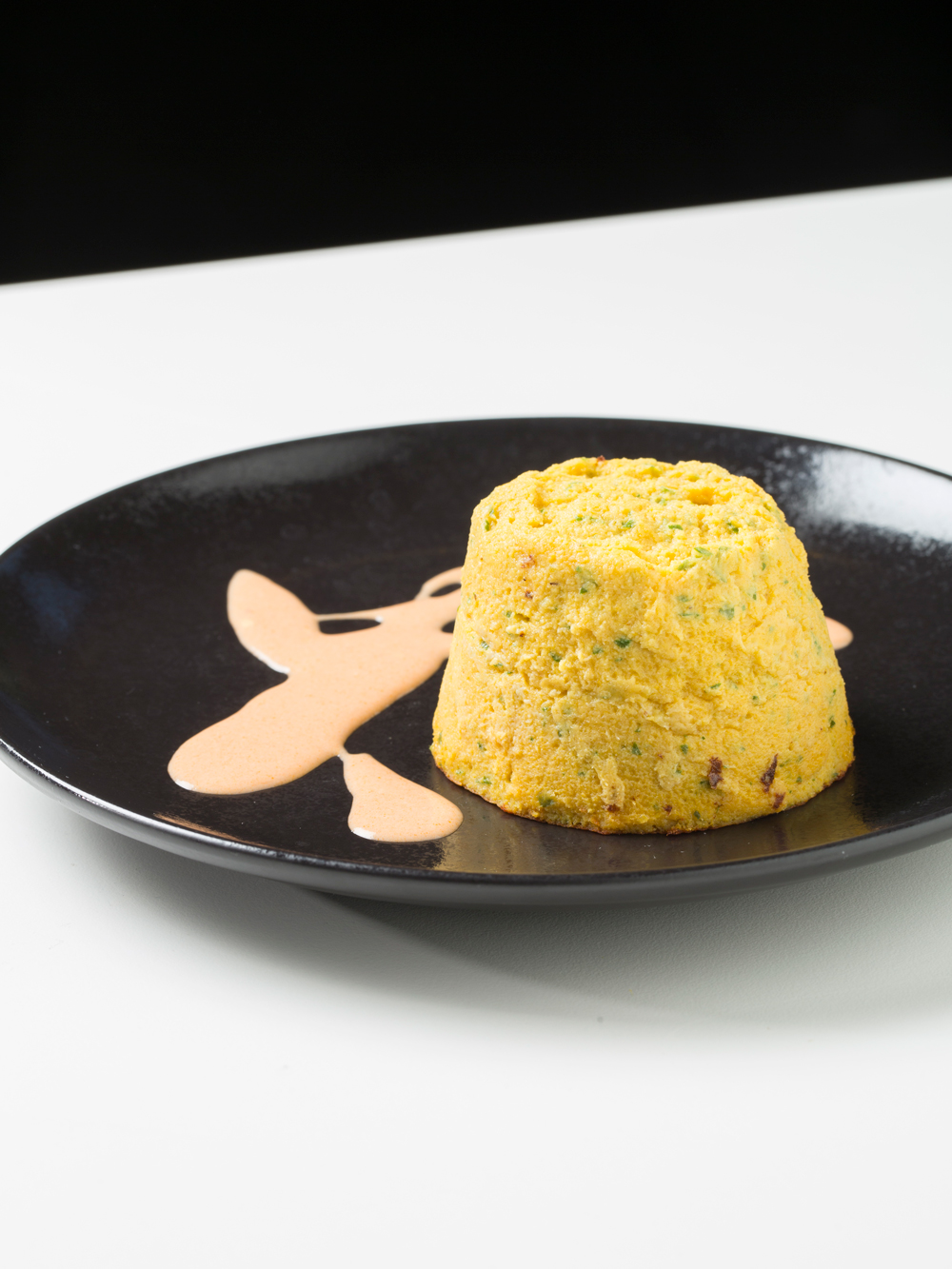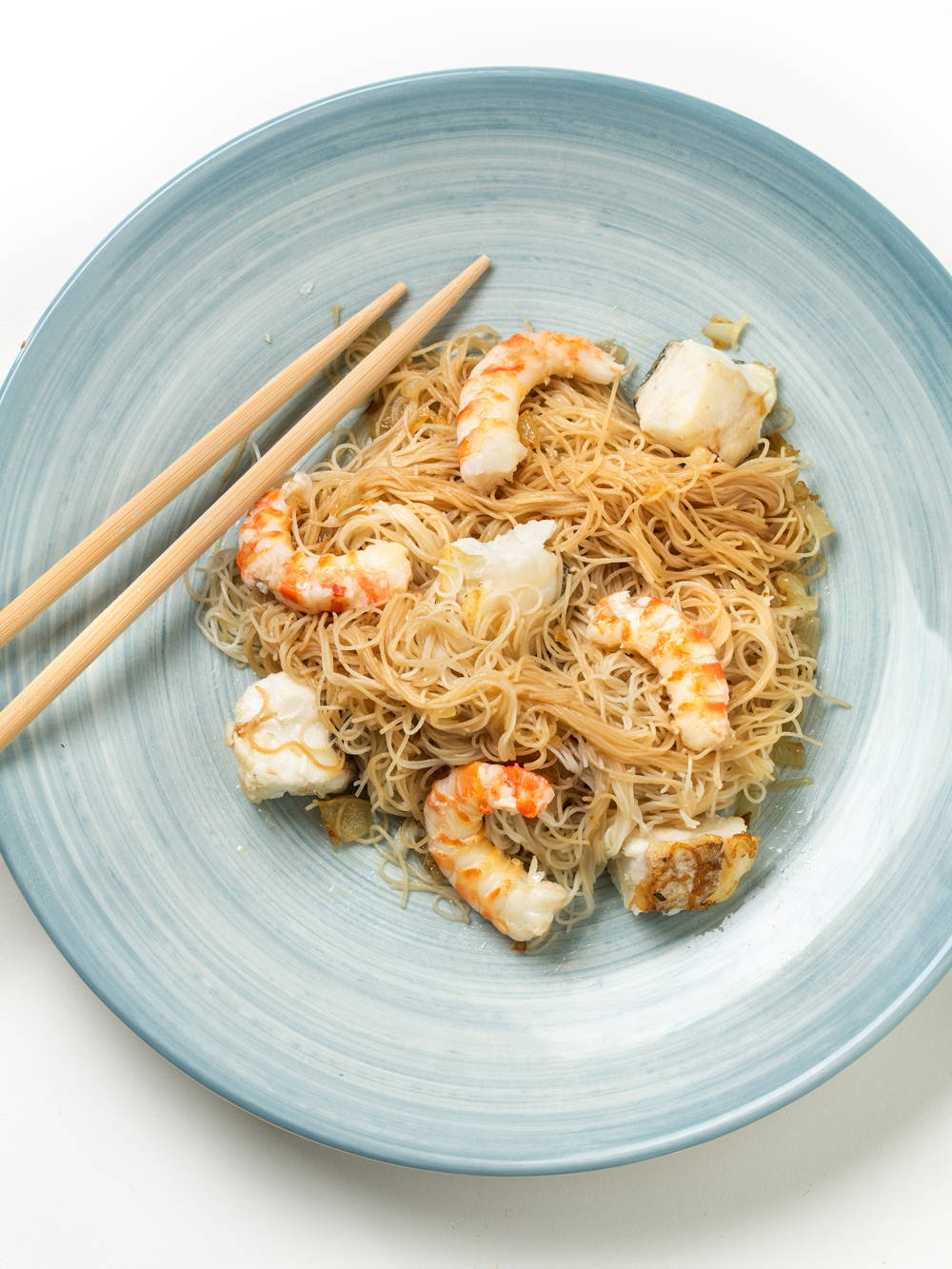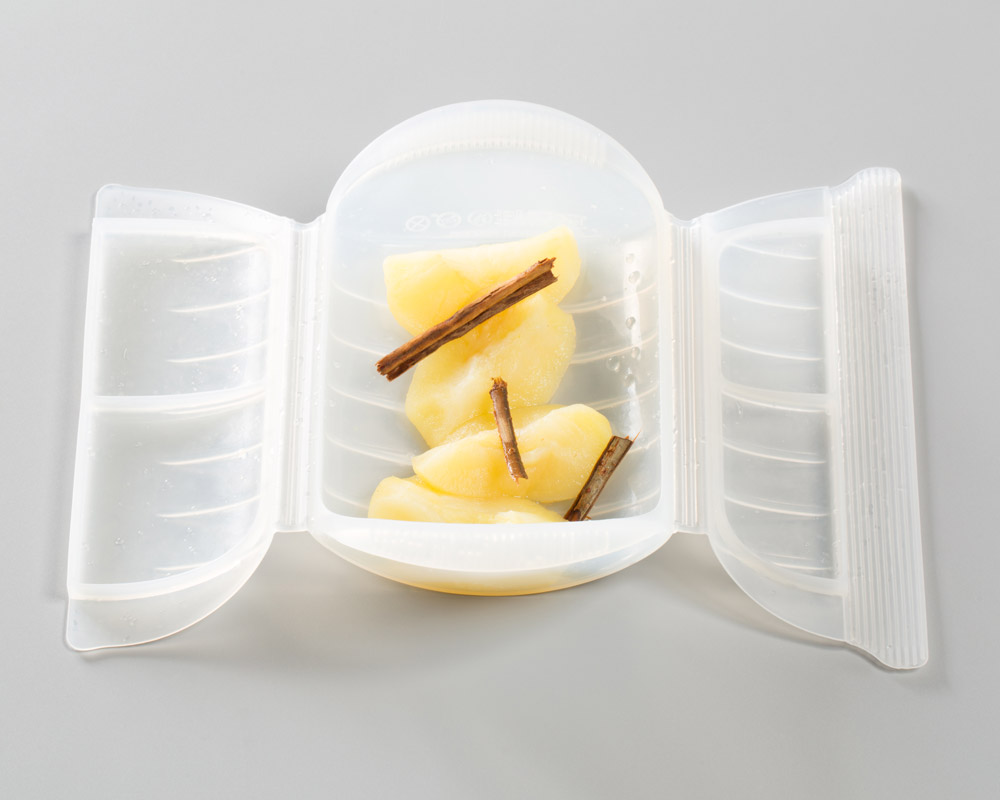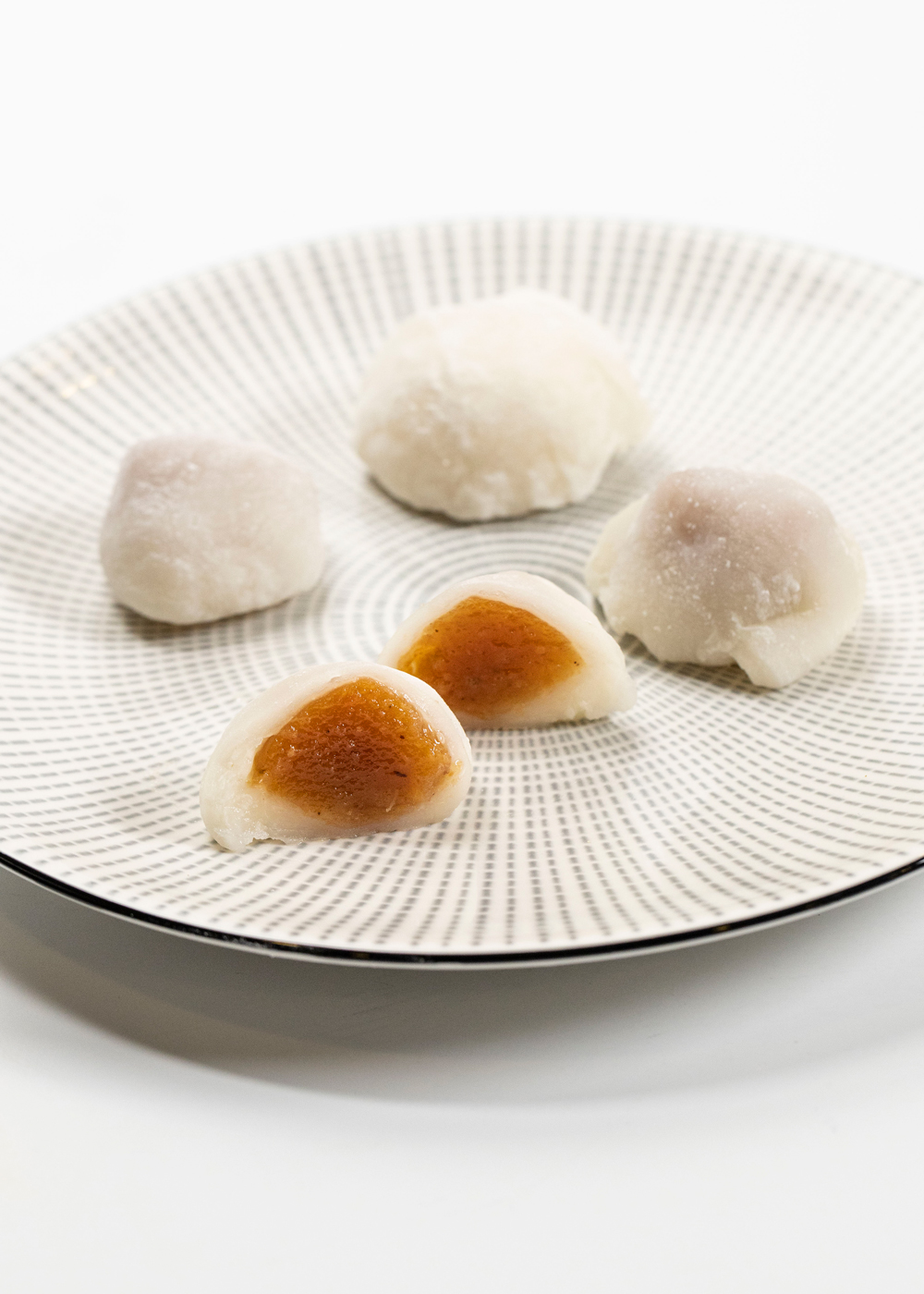Diarrhoea is defined as an increase in stool frequency accompanied by a decrease in consistency. In prostate cancer, it may result from the toxicity of chemotherapy or radiotherapy treatment. It can also occur when other drugs or antibiotics are administered and depending on the case, it may be mild or severe. If prolonged, consult your medical team.
WHAT DO WE RECOMMEND?
Because diarrhoea can lead to dehydration, drink plenty of fluids (water, herbal teas, weak broths, low-sugar isotonic drinks) in small sips throughout the day.
Homemade isotonic drink:
Mix the juice of two lemons, a tablespoon of honey, a dessert spoon of sea salt and a dessert spoon of bicarbonate of soda in a litre of water. When these ingredients dissolve, leave in the fridge until cool.
Start with a liquid diet, e.g., rice water, and gradually incorporate easily digestible foods such as mashed potatoes and carrots, boiled rice, white fish, boiled chicken and baked or grated apples.
Toasted bread, breadsticks and dextrinated cereals (powdered breakfast cereals for adults), meat, fish, eggs (French omelette, grilled chicken, fish en papillote), pasta, rice and rice soups, potato, wheat and tapioca, plain biscuits, crackers, etc.
Boiling, grilling, steaming, and baking in the oven are easier-to-digest cooking methods.
- Wholegrain cereals and derivatives, raw fruits, vegetables, pulses, and nuts are not recommended.
- Choose fruit without skin, cooked, baked, baked, microwaved or stewed, in juice, syrup or strained juices. Fruit in syrup (apple, pear, and peach), quince or banana and well-ripened pear.
- Vegetables low in fibre (courgette, pumpkin, carrot) can be consumed in small quantities (test tolerance) always without skin and seeds and very well cooked, also in the form of strained creams or broths.
It is not recommended to consume butter, margarine, lard, mayonnaise, cream, heavy cream, and baked goods, amongst others.
Depending on tolerance, they can be gradually incorporated.
Sweets, fruit syrups, sugar, honey, chocolate, sweetened drinks, xylitol, sorbitol, etc., are not recommended.
